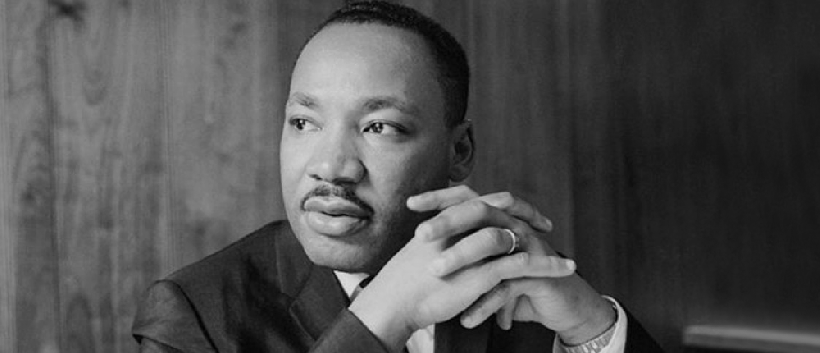It comes as no surprise that winter quarter flew by considering how four books, 400 pages of reading, and 20 odd lectures were all crammed into a mere ten weeks. I can’t say I miss those days of downing 5-hour energy drinks and coffee, heart palpitations, and a 4-hour sleep schedule. But one thing I did enjoy was the ideas of passive resistance versus violence that have practically been preached nearly 3,000 years ago and are so deeply rooted in Judeo-Christian values; and how they’ve maintained their relevance through Gandhi’s teachings, the 1960s’ Civil Rights’ movement, and of course in modern day life.
The body has hundreds of billions of nerves, and when faced with adversity, namely a life or death situation, the body secretes chemicals that dictate a fight-or-flight response. This natural occurrence in the endocrine system has also manifested itself through philosophical teachings. For centuries, scholars have debated when passive resistance is appropriate and when violence should be perpetuated – even with the greatest minds assembled in one place, this issue remains open to interpretation.
After looking at both Savarkar’s writings, which promote rightfully taking back the Indian empire through violence, and Gandhi’s book, which encourages passive resistance, I find that moderation is the most appropriate route to pursue.
One of the few cases in history where violence was justified was in World War II. Initially, the British government had practiced appeasement, thus enabling Hitler’s Third Reich to run amok Europe, kill 6 million Jews, and practically demolish half of Europe’s superpowers. Hence, brute force must be returned with brute force and it’s the only reason why Europe no longer hails Hitler and non-Germans are not treated as Untermensch, aka subhumans thus relegated to second-class citizens. After all, if Gandhi’s philosophy of passive resistance had practiced in World War II, Japan certainly would not have stopped at Pearl Harbor. In essence, the only time violence should be perpetuated when imperialists cannot be reasoned with nor have any moral compunction in subjugating another civilization.

Image of Martin Luther King Jr.
On the other hand, passive resistance is crucial in avoiding a civil war. When we look back at Martin Luther King’s legacy versus that of Malcolm X, we can conclude that both figures stood for equality between whites and blacks. The former was so much more successful in his campaign for an egalitarian society; reason being is because it is so much easier and gratifying to return a blow to someone who has struck you. It takes far more courage to turn the other cheek or walk away. Moreover, ideas of bigotry and hate are not immutable characteristics; so the logic stands that when a white man continues beating a defenseless black man, a sudden psychological switch flips, and he realizes that the only distinction between him and his brethren is by dint of their melanin. If the black man had exchanged blows, it would have created precedence – a Civil War. And in Savarkar’s words, “the nation ought to be the master and not the slave of its own history.” Hence, it is crucial to practice perseverance and resilience as opposed to violence that would’ve indeed perpetuated disunity within the nation.
Works cited
Gandhi. Hind Swaraj. Rajpal & Sons, 2010.
Savarkar, Vinayak Damodar. The Indian War of Independence of 1857. Isha Books, 2013.
Header image taken from 1982 Gandhi film: Attenborough, Richard, director. Gandhi.